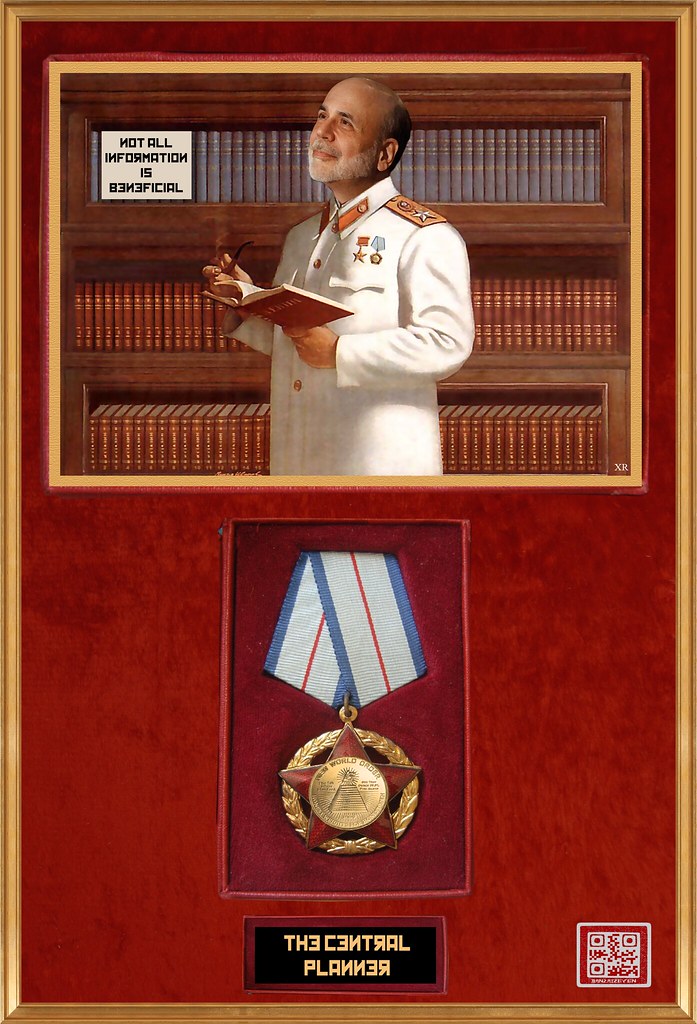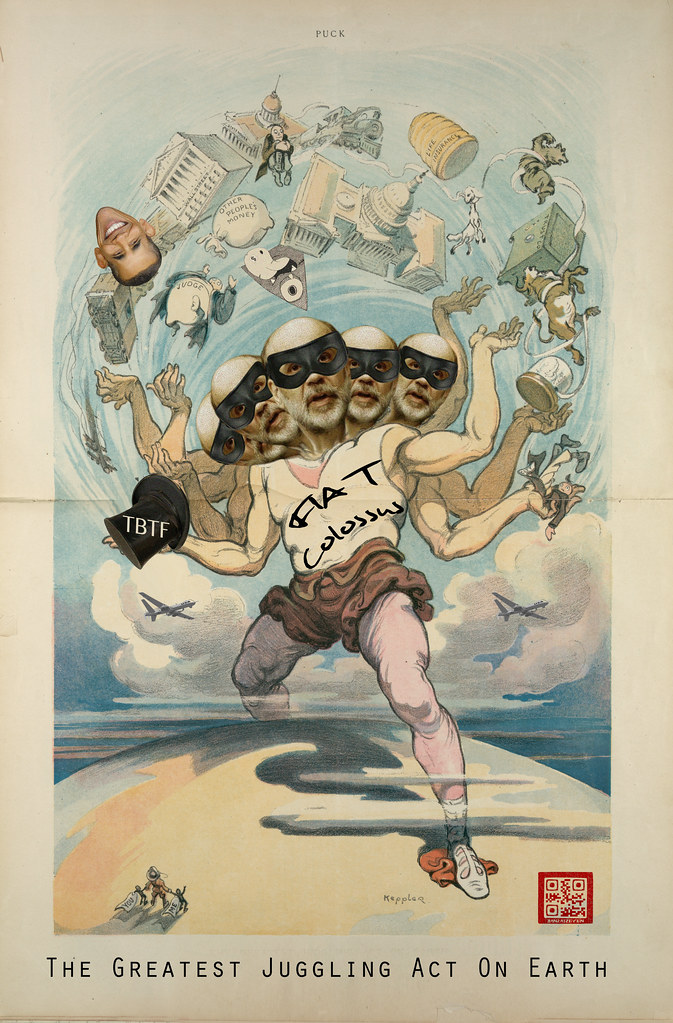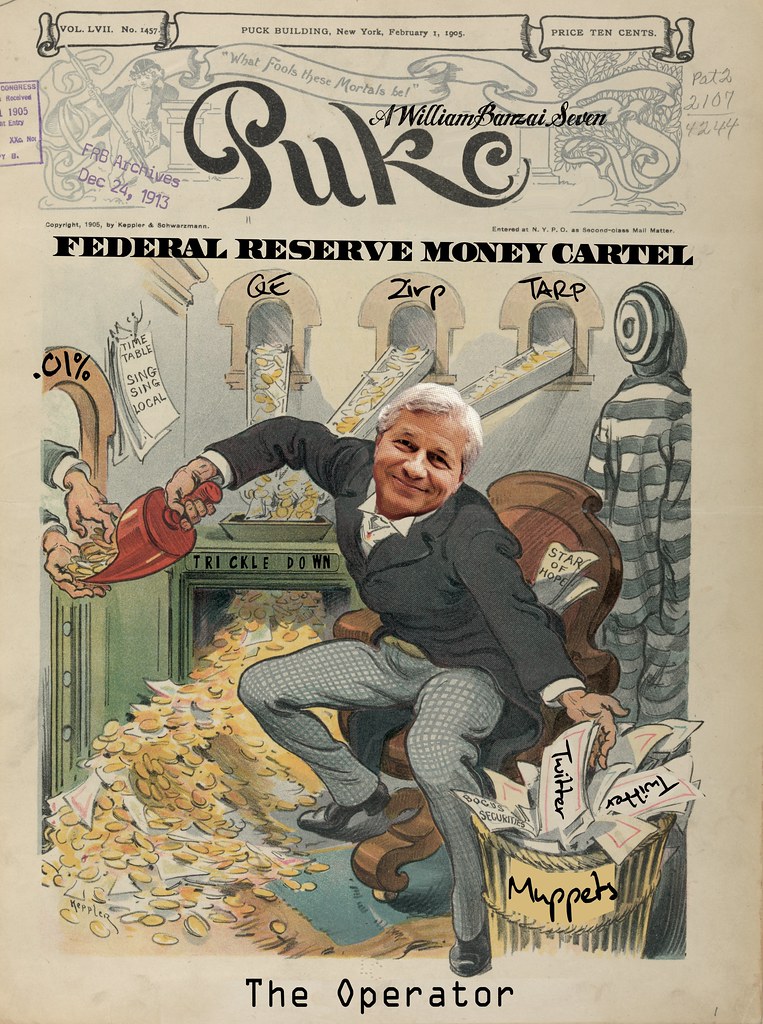Authored by Mohamed El-Erian, originally posted at Project Syndicate,
The United States’ reputation for sound economic policymaking took a beating in 2013. Some of this was warranted; some of it was not. And now a related distorted narrative – one that in 2014 could needlessly undermine policies that are key to improving America’s economic recovery – is gaining traction.
The 2008 global financial crisis left the US economy mired in a low-level equilibrium, characterized by sluggish job creation, persistently high long-term and youth unemployment, and growing inequalities of income, wealth, and opportunity. Many Americans started 2013 with high hopes that congressional leaders would overcome, even if only partly, the polarization and political dysfunction that had slowed recovery.
Expectations of less political turbulence were enhanced at the start of 2013 by a bipartisan agreement that avoided the so-called fiscal cliff (though at the last minute and with much rancor) and a deal reached later in January to raise the debt ceiling (albeit temporarily). With expectations of less political brinkmanship and lower policy uncertainty ahead, consensus projections foresaw faster, more inclusive economic growth.
In turn, faster growth was expected to revitalize the labor market, counteract worsening income inequality, mollify concerns about debt and deficit levels, and enable the Federal Reserve to start normalizing monetary policy in an orderly fashion. It would also facilitate a return by Congress to more normal economic governance – whether passing an annual budget, something not accomplished in four years, or finally taking steps to enhance rather than impede growth and job creation.
But optimism foundered over the course of 2013, and frustration soared.
Growth has again fallen short of expectations. With another year of uneven job creation, the problems associated with long-term and youth unemployment have become more deeply embedded in the economy’s structure. Inequalities remain too high, and continue to grow. Congressional paralysis has reached levels unparalleled in recent history. And, again, lawmakers have not enacted an annual budget.
This is not to say that there has been no economic or financial progress in 2013. After all, economic growth, while unnecessarily held below potential by Congress (and vulnerable to decline if Congress is not careful), has again outpaced that of Europe. The budget deficit has fallen markedly, while companies and households, too, have continued to strengthen their balance sheets. Many segments of the equities market have bounced back strongly, with price indexes hitting record highs. And Americans are on the verge of obtaining much better access to health care.
What is frustrating is that the country could have – and should have – done a lot better. Recognizing this, Americans are not hesitant to blame a Congress that seems more eager to manufacture problems than to enable the economy to reach its considerable potential.
Rather than building on some of the fledgling bipartisanship from earlier in the year, Congress decided to produce a mid-year government-financing drama. Even immigration reform – a bipartisan pro-growth issue with considerable support from much of American society – has languished unnecessarily. More broadly, Congress took no significant action to avoid headwinds that impose a drag on growth and discourage companies and individuals from investing in their future.
According to a survey based on data from the Office of the Clerk of the US House of Representatives, the current 113th Congress has delivered the lowest legislative activity “since at least 1947, when the data collection began.” And Americans know it. According to Gallop, the 9% approval rating for Congress is the lowest level in the survey’s 39-year history.
Partisan polarization in Congress has also undermined the executive branch, unduly blocking government appointments – including routine and essentially uncontroversial ones – and placing unwarranted obstacles in the way of implementing even the most sensible and seemingly bipartisan legislative proposals. The resulting sense of political drift and dysfunction has been exacerbated by the poor rollout of the Affordable Care Act (Obamacare) – a massive, avoidable distraction that has been allowed to cast doubt on this landmark initiative.
Yes, 2013 was not a good year for public-sector decision-making, especially given that most of the slippages were “own goals.” In the process, the US damaged the reputation for effective economic management that it had earned during the global financial crisis, when bold and timely measures prevented a period of reckless private risk-taking and financial leverage from ending in Great Depression II. The Congress-imposed government shutdown and near-default in October were particularly harmful to the country’s global standing.
As a result, the popular narrative is shifting to the danger of “government failure.” More and more Americans are being led to forget how, just a few years ago, a united US government reacted decisively to “market failures” and thus helped to avoid a global economic meltdown that would have devastated millions of lives and undermined future generations’ prospects. Now, as the pendulum swings back, it risks overshooting the optimal combination of private and public activity and ending up at a simplistic view of government as the problem and the private sector as the solution. If this occurs, the outlook for faster, more inclusive growth would be weakened further.
Government has a long pro-growth to-do list heading into 2014. The top priorities include modernizing the country’s transport and energy infrastructure, reforming an underperforming education system, improving the labor market, bringing order to an overly-fragmented fiscal structure, enhancing the provision of public goods, and safeguarding America’s interests abroad.
It is tempting for politicians and analysts to overplay simple narratives that place the blame entirely on one side or the other. The truth is more nuanced and complex. America is in desperate need of a Congress that encourages, rather than impedes, better partnerships between the public and private sectors. Constantly pitting one side against the other may make for entertaining roundtables on cable television and energizing political rallies. But it comes at the cost of undermining an economy that could – and therefore should – be performing much better.







via Zero Hedge http://feedproxy.google.com/~r/zerohedge/feed/~3/VikFfaIa1Sc/story01.htm Tyler Durden
![]()












